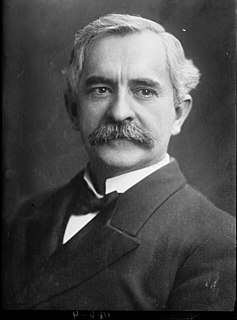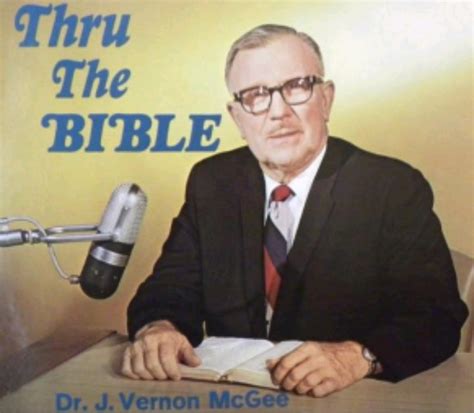A Quote by Albert Einstein
The desire for guidance, love, and support prompts men to form the social or moral conception of God. This is the God of Providence, who protects, disposes, rewards, and punishes; the God who, according to the limits of the believer's outlook, loves and cherishes the life of the tribe or of the human race, or even of life itself; the comforter in sorrow and unsatisfied longing; he who preserves the souls of the dead. This is the social or moral conception of God.
Related Quotes
There is no evidence for a god, no coherent definition of a god, no good argument for a god, good positive arguments against a god, no agreement among believers about the nature or moral principles of a god, and no need for a god. We can live happy, moral, productive lives without such belief, and we can do it better.
Sin is: before God, or with the conception of God, in despair not to will to be oneself, or in despair to will to be oneself. Thus sin is intensified weakness or intensified defiance: sin is the intensification of despair. The emphasis is on before God, or with a conception of God; it is the conception of God that makes sin dialectically, ethically, and religiously what lawyers call 'aggravated' despair.
All human life-from the moment of conception and through all subsequent stages-is sacred, because human life is created in the image and likeness of God. Nothing surpasses the greatness or dignity of a human person...If a person's right to life is violated at the moment in which he is first conceived in his mother's womb, an indirect blow is struck also at the whole moral order.
The whole story of creation, incarnation, and our incorporation into the fellowship of Christ's body tells us that God desires us, as if we were God, as if we were that unconditional response to God's giving that God's self makes in the life of the Trinity. We are created so that we may be caught up in this, so that we may grow into the wholehearted love of God by learning that God loves us as God loves God.
Feuerbach ... recognizes ... "even love, in itself the truest, most inward sentiment, becomes an obscure, illusory one through religiousness, since religious love loves man only for God's sake, therefore loves man only apparently, but in truth God only." Is this different with moral love? Does it love the man, this man for this man's sake, or for morality's sake, for Man's sake, and so-for homo homini Deus-for God's sake?
When we assume God to be a guiding principle well, sure enough, a god is usually characteristic of a certain system of thought or morality. For instance, take the Christian God, the summum bonum: God is love, love being the highest moral principle; and God is spirit, the spirit being the supreme idea of meaning. All our Christian moral concepts derive from such assumptions, and the supreme essence of all of them is what we call God.
When we think of God, we are apt to think of Him in human form. In the Epiphanies of the Old Testament God revealed Himself to Joshua and others in human form. He puts Himself within the compass of our highest conception, in order that He may make Himself real to us in His love and sympathy and power.
If you feel a great loneliness and a deep longing for human contact, you have to be extremely discerning...and ask yourself whether this situation is truly God given. Because where God wants you to be, God holds you safe and gives you peace, even when there is pain. To live a disciplined life is to live in such a way that you want only to be where God is with you. The more deeply you live your spiritual life, the easier it will be to discern the difference between living with God and living without God, and the easier it will be to move away from the places where God is no longer with you.





































